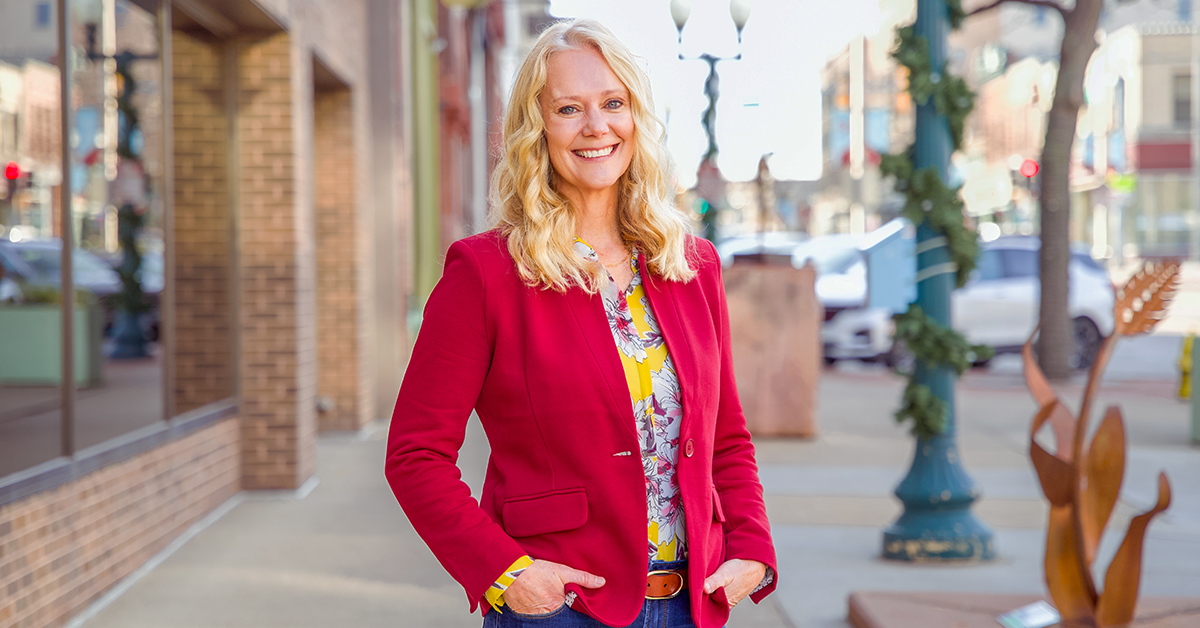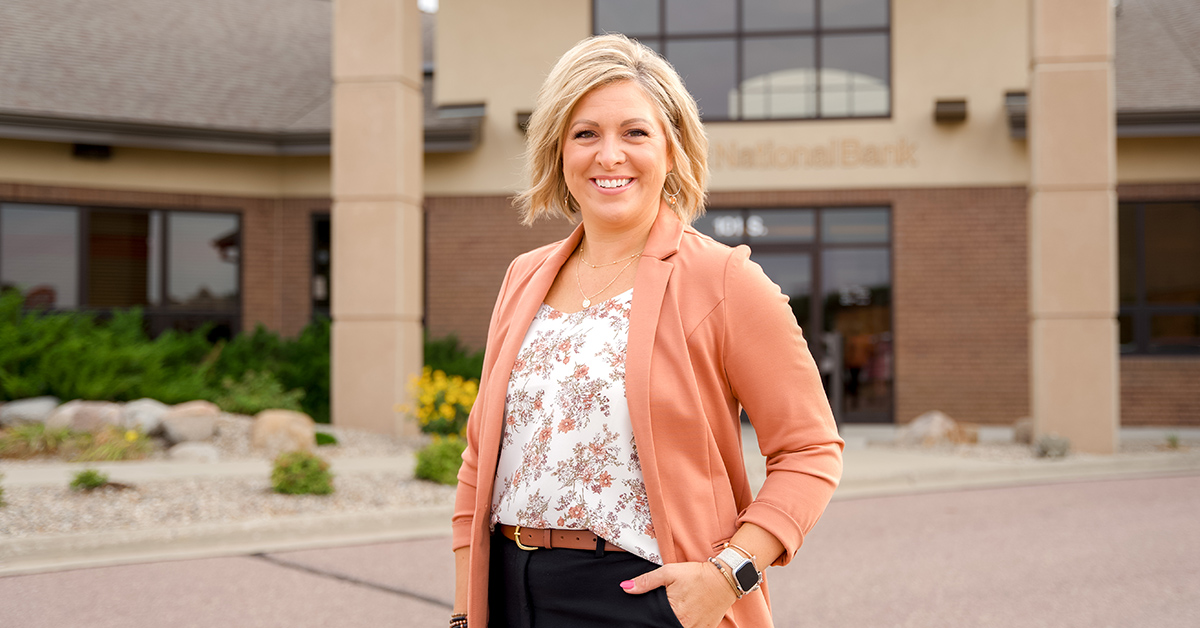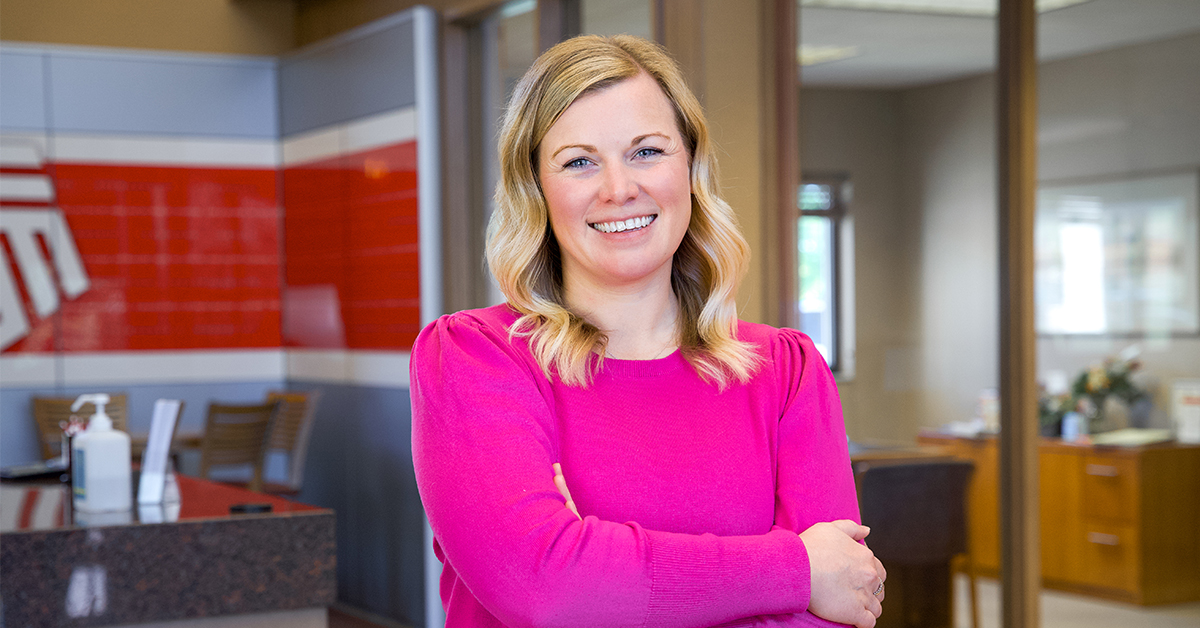If you’re wondering, “should I rent or buy?” you’ve come to the right place! Buying a home is a big deal, and we want to help. Our mortgage bankers will take the time to get to know you and your situation, because that’s what being a local, community bank is all about. If you’re currently renting and thinking about buying, we have some information you might find helpful!
Should I rent or buy?
Ultimately, it’s your decision and you should make it based on what’s best for you and your situation. One place to start might be our renting vs. buying calculator.
No matter what you decide, we’ll be here for you every step of the way! Here are some things to consider as you consider the question of “Should I rent or buy?”
Renting
- More flexibility, less commitment, ability to relocate easier. When you rent, there’s no need to worry about selling your home.
- No property taxes. Homeowners must pay property taxes, but that’s not the case when you’re a renter.
- Little to no maintenance or repair costs. Most landlords handle maintenance work and costs.
- No shoveling snow or mowing lawn. Some landlords take care of this, so you don’t have to worry about it!
Buying
- Build equity. When you buy a home, your monthly mortgage payments are toward something you own.
- Tax savings. You may deduct mortgage interest payments and property taxes from your federal income taxes. (This may not apply to you or your situation, please contact a tax professional.)
- Maintenance and repair costs. When owning a home, the owner is responsible for all repair costs.
- Make your house a home by being able to paint, decorate, and remodel.
I want to buy a home eventually. How can I prepare?
- Start saving for a down payment early in the process. If you’re a first-time homebuyer, you may be able to take advantage of down payment assistance (if needed), tax credits, and/or reduced private mortgage insurance premiums. Additionally, first-time homebuyers may qualify for a reduced down payment as low as 3% (a 5% down payment is typically required on a conventional loan).
- Get debts under control. Having a large amount of debt could reduce the loan amount you can qualify for when you’re ready to purchase your home. Check out our podcast, Common Cents on the Prairie, to learn more about reaching your financial goals.
- Know your credit score. Your credit score can affect the interest rate you qualify for. Find out how you can get a free credit report in our quick links section.
- Take a homebuyer education course. The course will go through the home buying process, budgeting, escrow, and loan programs available in detail. Contact one of our lenders for information on available courses.
When should I meet with a banker?
If you decide you’d like to buy a home, contact one of our bankers right away to get pre-qualified. Pre-qualification is a quick snapshot of the loan amount you may qualify for. Once you’re pre-qualified, you can refine your home search to what fits your budget. This is something your realtor will ask you to do prior to looking at homes, so it really should be step one. We offer a pre-qualification application on our website or you can learn more about the process by looking at our pre-qualification road map.
Contact our mortgage team if you have any questions or to learn more about buying your home with us.



